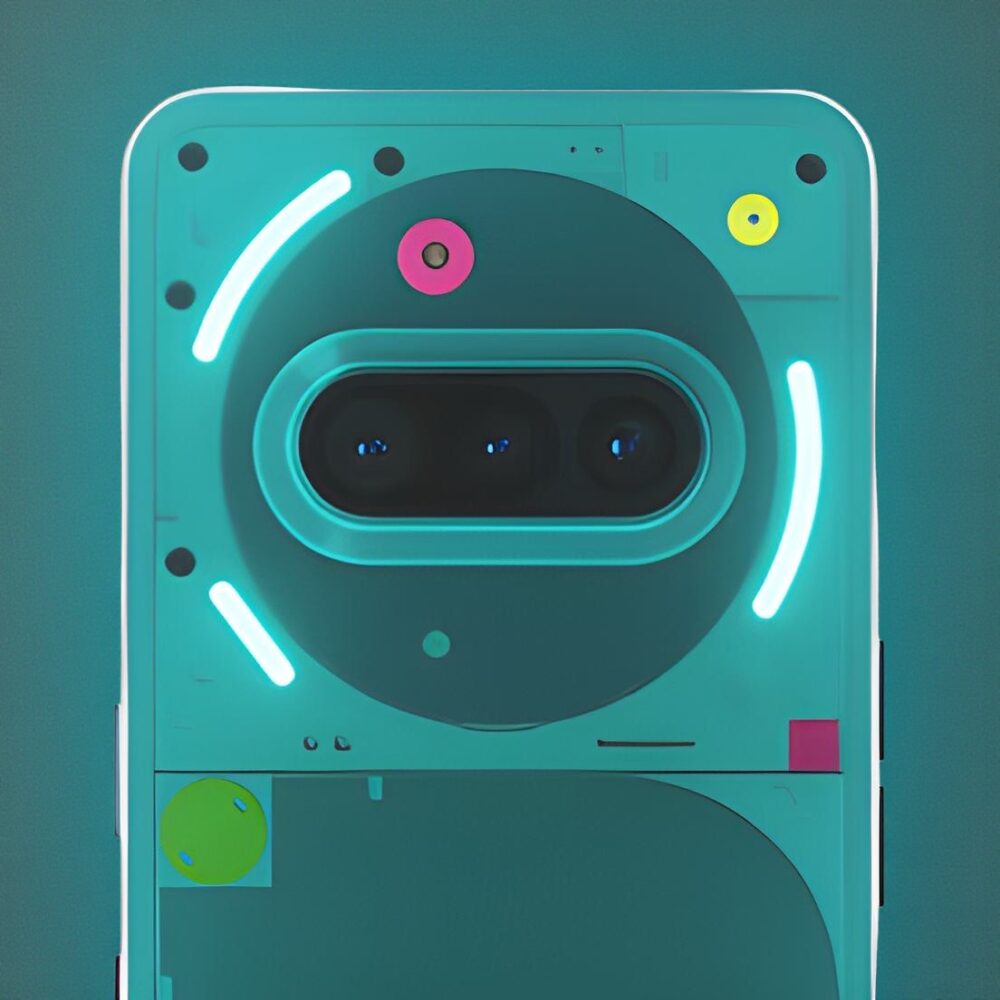TL;DR: Lumines Arise turns color and sound into therapy. Gorgeous, hypnotic, and deeply human — it’s the kind of puzzle game that reminds you how to feel again.
Lumines Arise
I didn’t expect a puzzle game to make me feel like I was standing on the edge of the universe.
But there I was — controller humming in my palms, a synth-heavy melody blooming through my headphones — and suddenly I wasn’t playing Lumines Arise anymore. I was inside it. Every flicker of color and pulse of the beat synced perfectly with a rhythm that felt bigger than the screen, bigger than me.
And then, for some reason, I started crying.
It wasn’t sadness or joy. It was that strange moment when your brain, your hands, and the music lock into something sublime — when a game becomes so fluid and intentional that it stops feeling like software and starts feeling alive. That’s Tetsuya Mizuguchi’s magic trick, and Lumines Arise might be his most hypnotic, quietly spiritual work yet.
To understand why a grid of colorful squares hit me harder than most AAA narratives, you need to know a bit about its creator.
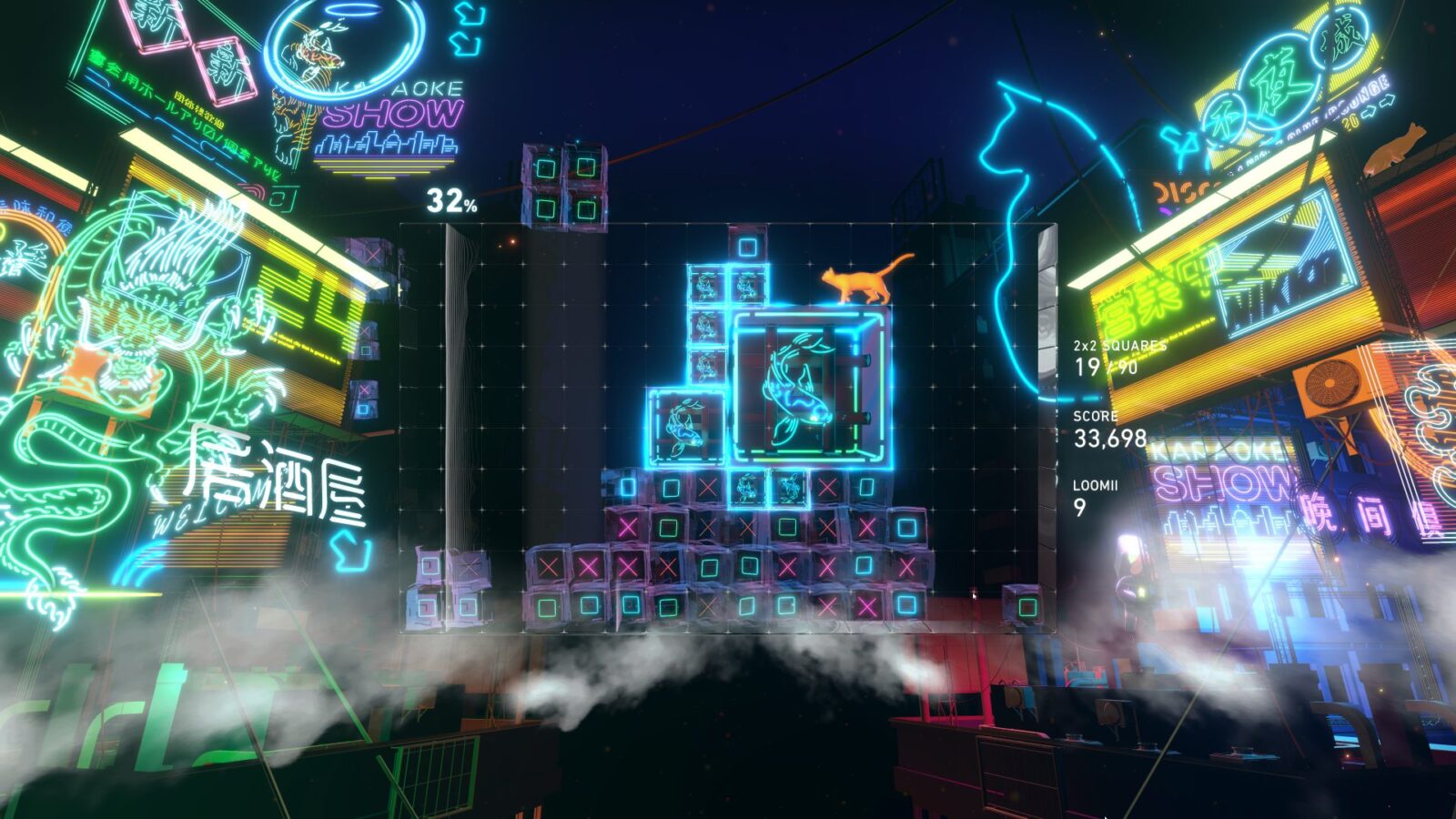
Some developers have signatures you can feel more than see. Miyamoto sparks wonder. Kojima breeds paranoia and delight. FromSoftware makes you question every life choice. Mizuguchi? He makes you feel the beat of the universe through your thumbs.
This is the mind behind Rez, Child of Eden, and Tetris Effect — games that turn interaction into communion. He designs with synesthesia in mind, blending sight, sound, and touch until logic gives way to sensation. In Rez, every shot becomes a note; in Tetris Effect, falling blocks form a cosmic symphony.
Now Lumines Arise picks up that baton — the same minimalist puzzle grid reborn with even more emotional ambition. It’s deceptively simple: guide falling 2×2 blocks, match colors, clear squares. Yet beneath the mechanics is a meditative pulse that reaches through the controller and rewires your heartbeat.
It all started back in 2004, when the original Lumines launched on PSP — that slick little black monolith that made the DS look like a toy. I remember sitting on the bus, white earbuds tangled, while Mondo Grosso’s “Shinin’” pulsed in my ears. Every drop of a block rippled through the music; every combo changed the colors. I missed my stop and didn’t care.
That was Lumines: a rhythm game that was music. Each stage its own song, every color palette a mood. You didn’t just play it — you danced with it.
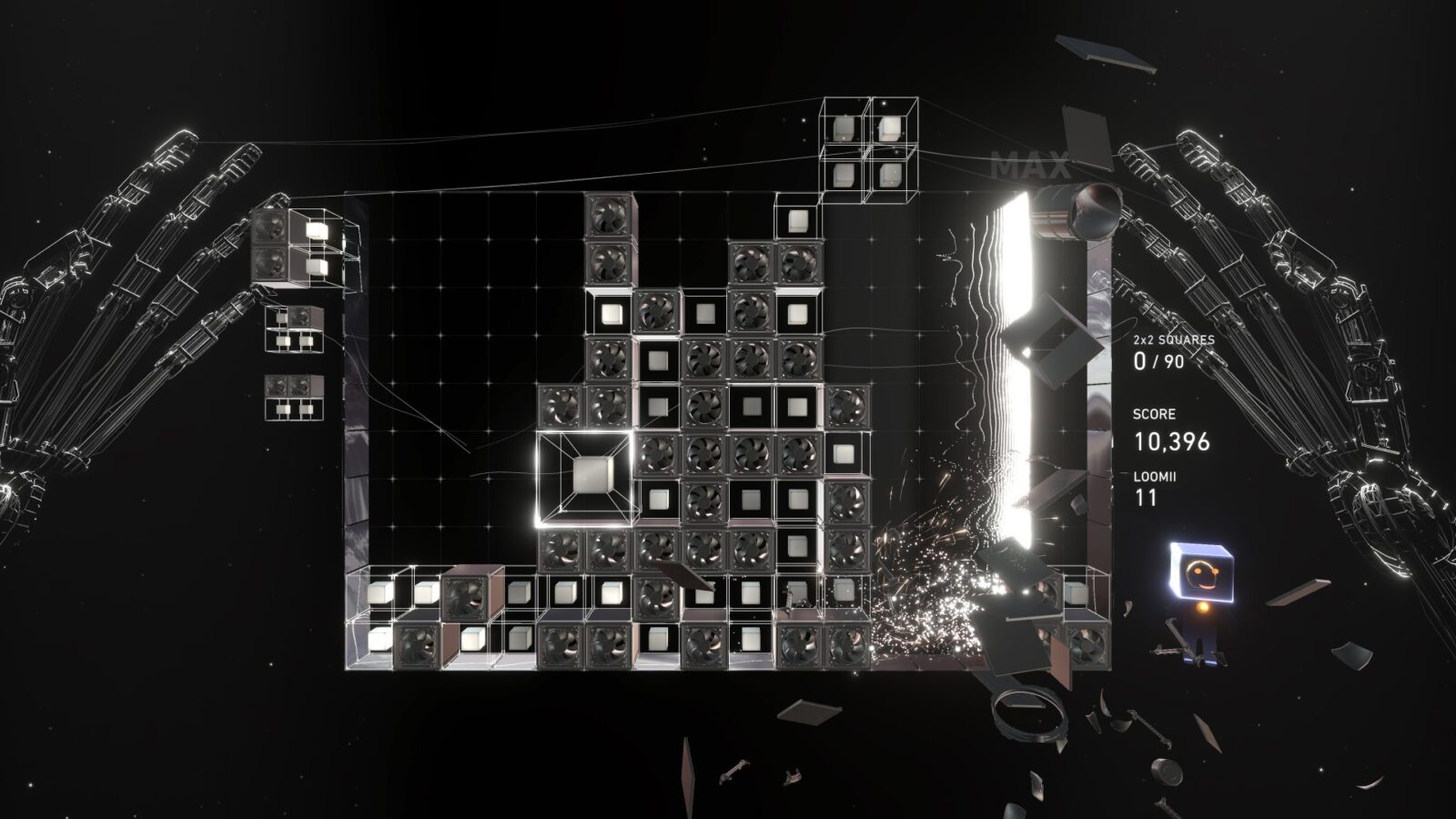
That feeling of flow stuck with me for years.
Now Arise brings it back sharper, deeper, and somehow sadder — like Mizuguchi reaching across time to whisper, “Remember this? Let’s go again — but this time, you might cry.”
The mechanics remain nearly identical, but the presentation is transformed. The bass doesn’t just thump — it thrums through the DualSense into your bones. Backgrounds shift from serene forests to abstract dreamscapes that react to every move. Lumines Arise feels alive, like it’s breathing with you.
Mizuguchi’s team at Enhance has fused sound, color, and vibration into a single instrument. You don’t just play it — you perform it. It’s both calming and electric, a trance of instinctive motion.
And then, when you’re lost in that rhythm, the game hits you with something quietly devastating.
One early stage drifts into a soft, melancholy track — vocals echoing over a slow beat as blocks fall like snow. The background fades to a warm shoreline. My chest tightened. Maybe it was nostalgia. Maybe the simple beauty of order forming out of chaos. Whatever it was, it reminded me how Mizuguchi’s games speak to the full range of human emotion — not just excitement, but longing, melancholy, transcendence.
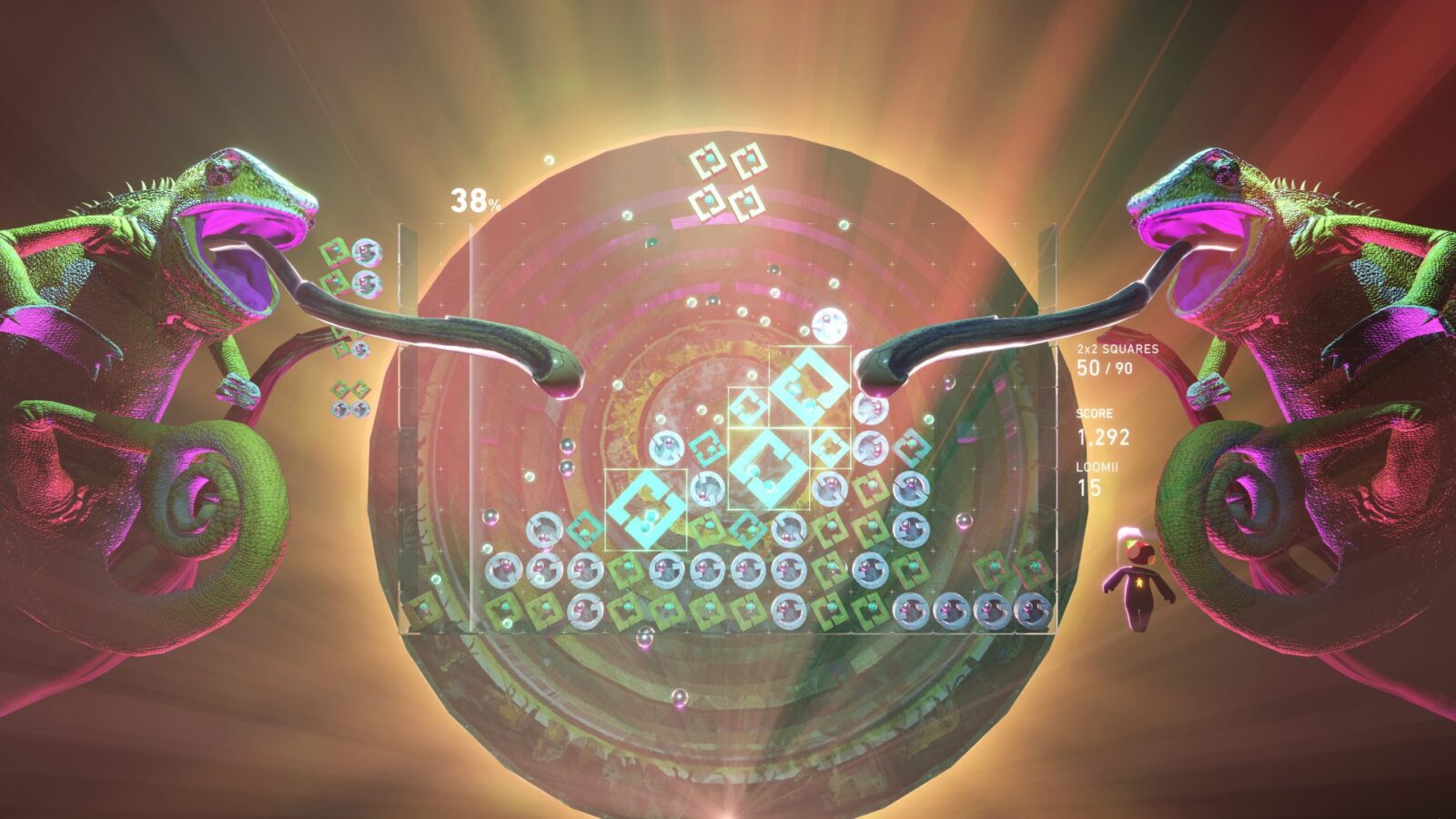
The Journey mode, Arise’s brief campaign, feels more like meditation than challenge. Its few hours take you through shifting emotions: slow beginnings, layered crescendos, and an ending that feels like exhale. Astronauts drift through space; chameleons pulse with color; dancers flicker in neon light. Every stage feels like a metaphor for change.
Then there are the Loomii — glowing spirits you rescue and customize. It’s a small, tender touch, turning multiplayer data into connection. You’re not just clearing blocks; you’re reaching out through rhythm to other players floating in this same digital ocean.
Of course, Arise isn’t perfect. A few bugs slip in — like those same Loomii freezing mid-animation — and outside Journey, there’s not much new content. Once the campaign and side missions are done, it’s mostly about replaying for flow and score. It’s more art installation than content treadmill, and that’s fine by me.
For some, that minimalism will feel sparse. For others, like me, it’s the point. Lumines Arise isn’t about chasing progress; it’s about returning to rhythm.
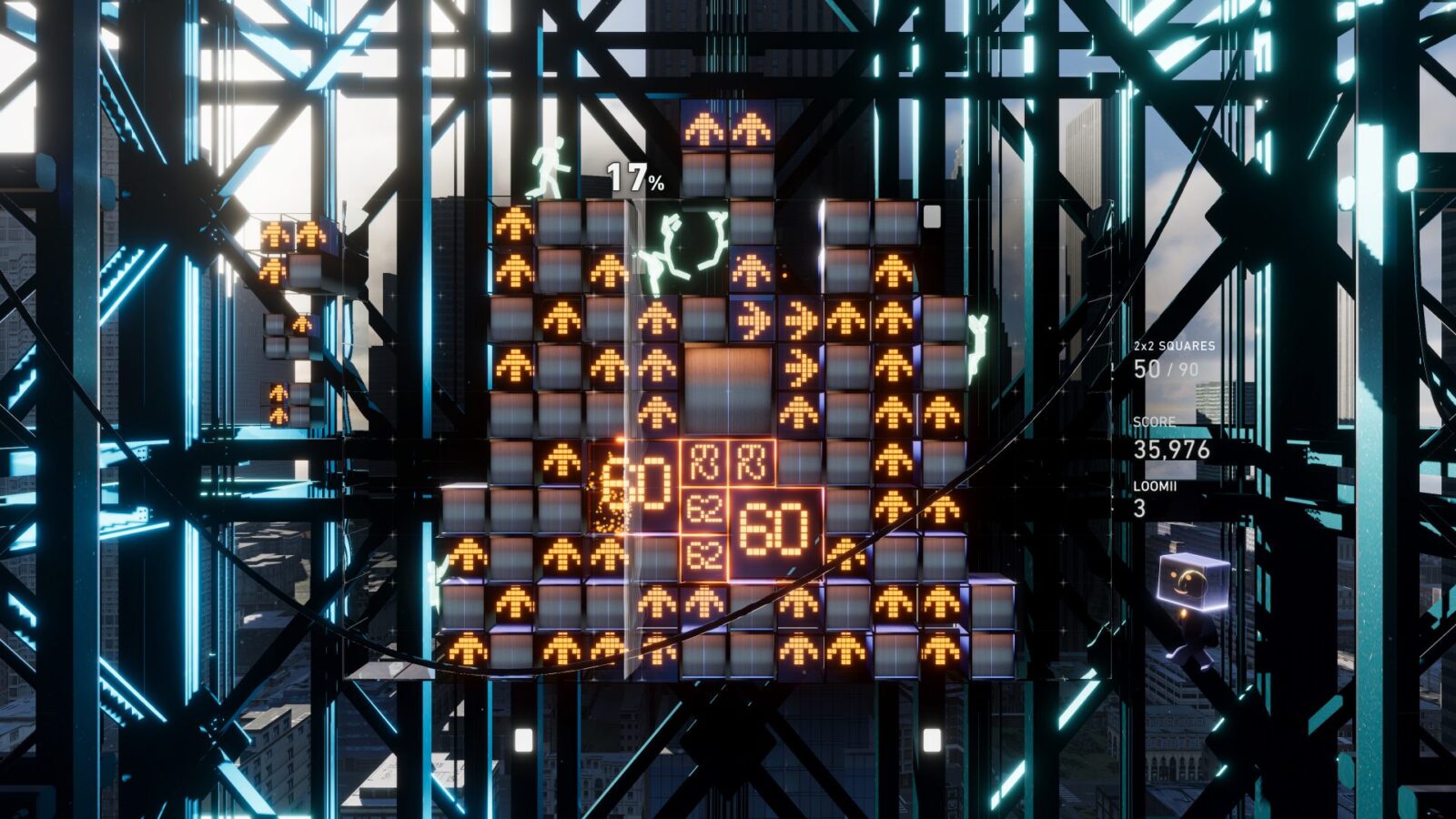
Most games use music as wallpaper. Here, it is the mechanic — the tempo of your thinking, the beat of your strategy. The more you sync with it, the calmer your mind becomes. When I finally set down the controller, the silence in my room felt wrong, like I’d stepped out of a dream too soon.
That’s Mizuguchi’s brilliance. He turns dopamine loops into emotional ones, pattern recognition into poetry. Lumines Arise is about harmony — learning to move in rhythm with chaos, to find beauty in repetition.
We live in a noisy gaming world, all explosions and algorithms. Mizuguchi just asks you to breathe.
Lumines Arise doesn’t reinvent the wheel. It reminds you the wheel can still be beautiful.
It’s the quiet epilogue to Tetris Effect, the sunlight after the stars — smaller in scope, gentler in tone, but no less profound.
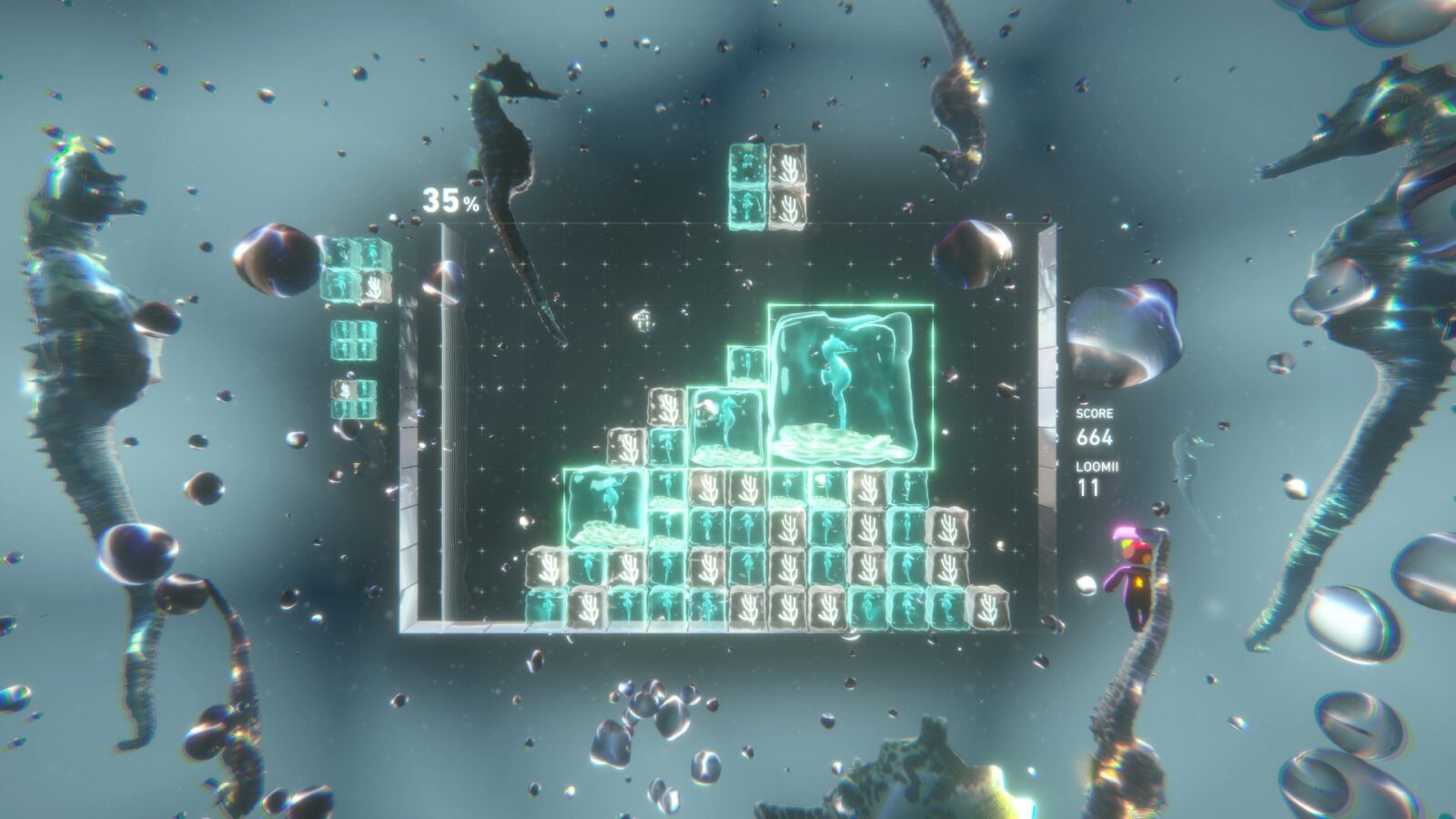
So yes, Lumines Arise made me cry.
Not from sadness, but from remembering that games can still feel human.
It’s not huge or revolutionary, but it’s meaningful — a little slice of rhythm therapy disguised as a puzzle game.
When the last combo hits, when the lights flare in time with the music, you realize it’s not about clearing squares at all. It’s about finding your rhythm again.
And for me, that’s enough.






